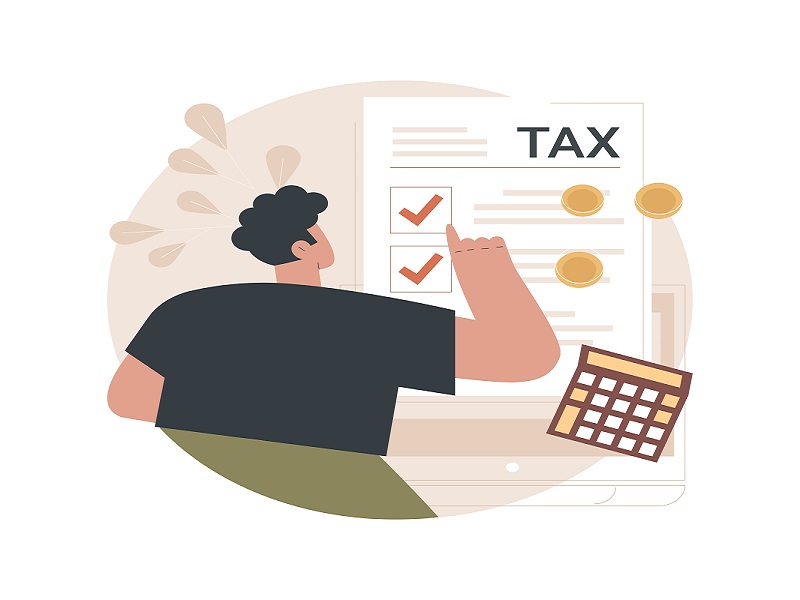The Buyt Desk
Does it hurt when you give away a hefty amount of your hard-earned money as tax? Section 80C of the Income Tax Act offers tax deduction up to Rs.1.5 lakhs for some investments such as PPF, ULIP, tax saving FD, ELSS, etc. Section 80D of the Income Tax Act offers a tax deduction for the premium paid towards health insurance. Section 80TTA of the Income Tax Act gives a tax deduction for the interest earned from a savings account. Despite certain tax benefits offered by the Income Tax Act, you may be paying a substantial amount as tax.
Here, we discuss possible ways to save tax over and above these sections of the Income Tax Act.
-
Divide the business invoices between self and spouse: In case your spouse is skilled and helps in your occupation/profession/
business, it is only fair to share the client invoices between both the company (self) and your spouse. This way you can avail the income tax slab benefit for both of you. -
Investment in equity for self and spouse: When you invest in equity funds, as per Section 112A of the Income Tax Act, the long-term capital gains up to Rs.1 lakh are exempt from taxation. Moreover, the long-term capital gains (LTCG) are not taxed as per the income tax slab, but only a 10% LTCG tax applies. One way for you to enjoy tax exemption every year is by making equity investment for self as well as the spouse. You can also invest in equity funds in the name of your child. However, do understand that gains up to Rs.1 lakh only are exempt from taxation.
-
Exemption under section 80C in name of your child: You can make investments, which are exempt under 80C, even in name of your child. Moreover, tuition fees that you pay for your child’s education are also exempt under section 80C.
-
Exemption under Section 10(32) of the Income Tax Act: Interest earned up to Rs.1500 in the savings account of your child also enjoys tax exemption. You can avail of this benefit for two children.
-
Exemption under Section 80E of the Income Tax Act: EMI that you pay for an education loan of your child can be deducted from your taxable income under section 80E. As per the rule, this benefit is valid for 8 years since the EMI starts.
-
Loan to spouse or child: Giving interest-free loan to your spouse or child can reduce your taxable income.
-
Tax benefit of paying rent to your parents: If you enter into a rental agreement with your parents and have proper payment proof then you can claim tax exemption of HRA (house rent allowance).
-
Tax-free gift to parents: You can transfer money to your parent’s account. It will be treated as a tax-free gift. Your parents can invest this money in senior citizen schemes, which mostly enjoy a higher interest. This method is useful when your parents fall in a lower income tax slab. In the same manner, you can gift money to your parents-in-law as well.
Tax planning is essential for fulfilling your and your family’s financial aims. Use the above pointers to avail all the probable-tax saving opportunities.







